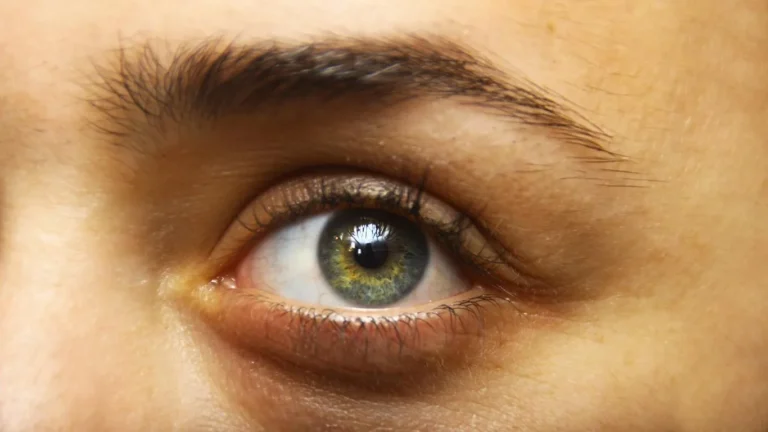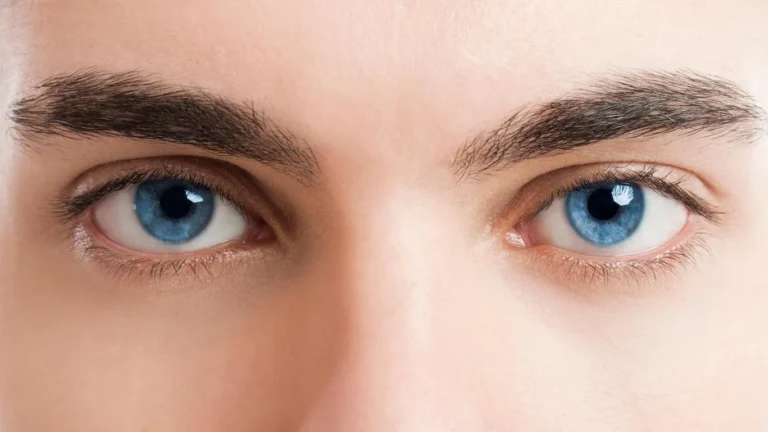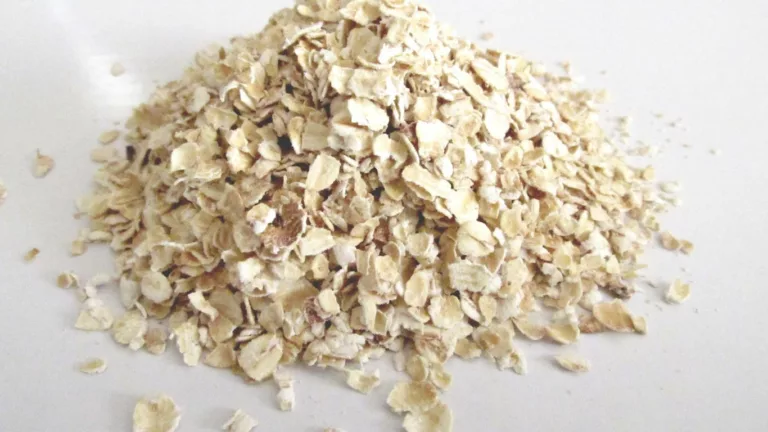Manage Hypertension Effectively: Proven Tips to Lower Blood Pressure
What Are the Major Causes of Hypertension?
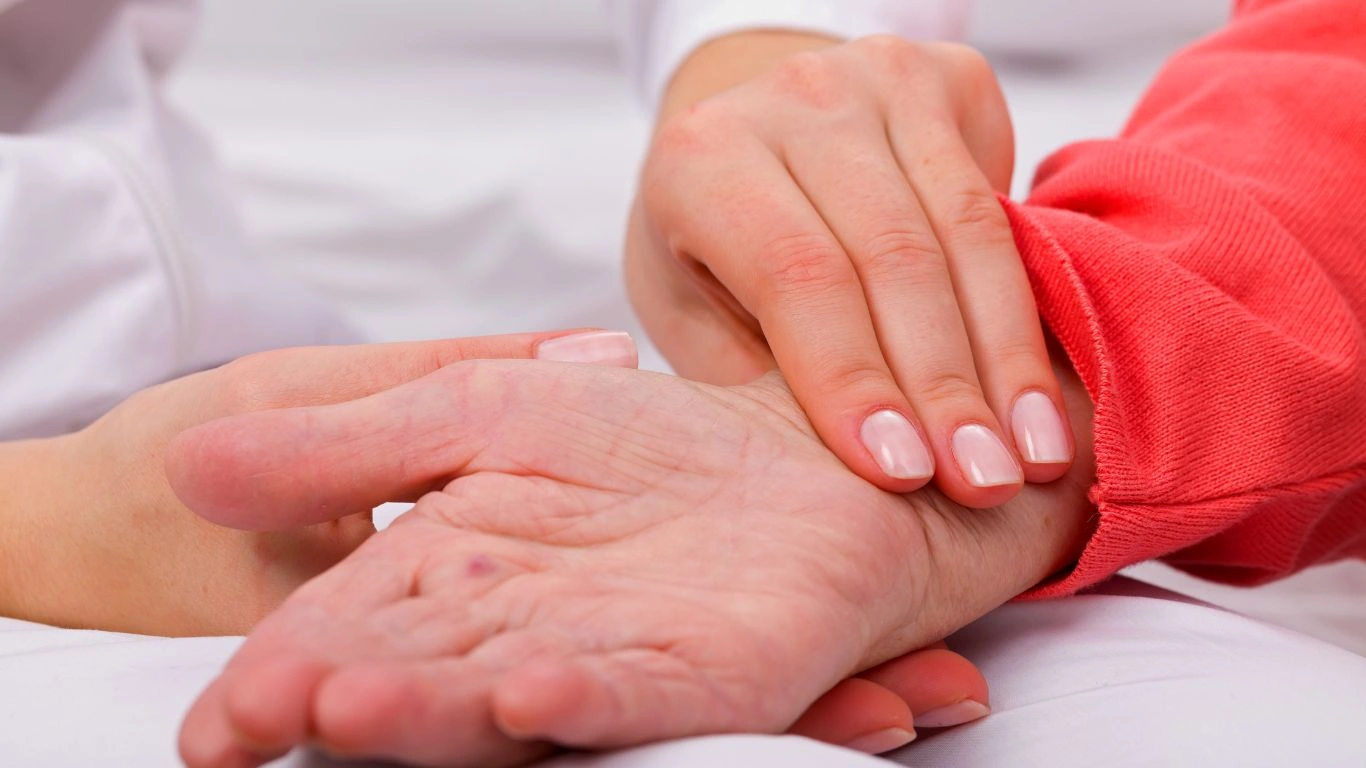
In Part 1, we explored the basics of hypertension, but now let’s take a deeper dive into the causes. Understanding the root causes of high blood pressure is crucial for managing it effectively. The reality is, many people don’t realize they have hypertension until it’s too late. It sneaks up on you. So, what’s behind it?
First, genetics plays a huge role. Yes, you heard that right—your family history can make a difference. If your parents or grandparents had high blood pressure, there’s a good chance you might be predisposed to it too. It’s like that one pair of jeans that just seems to fit no matter what. But don’t worry, genetics doesn’t control your life, and you can still make lifestyle changes that can help prevent or manage it.
Next, let’s talk about lifestyle factors. We live in a busy, fast-paced world where stress is a constant companion. From work deadlines to personal pressures, stress can contribute to high blood pressure. It doesn’t stop there. What we eat also matters. Consuming too much salt, not enough fruits and veggies, and loading up on processed foods can all increase the risk of hypertension. I’m guilty of grabbing a fast food meal on the go—don’t we all do that from time to time? But it’s important to realize that the choices we make impact our health.
Another major contributor is being overweight or obese. If you’ve struggled with your weight, you know how hard it can be to manage. But carrying extra pounds can increase your blood pressure. It’s all about how the body works—extra weight means more blood flow is needed, which can increase the pressure in your arteries.
As we get older, the risk of developing high blood pressure increases. That’s just a fact of life. Our arteries tend to lose their elasticity as we age, which means they can’t expand as well as they used to, making it harder for blood to flow easily. That’s why older adults are more susceptible to hypertension. But, hey, that doesn’t mean we have to give up on staying active or keeping an eye on our health. The earlier we take charge, the better.
Symptoms You Should Never Ignore

Hypertension is often called the “silent killer” because it doesn’t have obvious symptoms. Many people are walking around with high blood pressure without even realizing it. But that doesn’t mean there are no warning signs. It’s just that they can be so subtle you might not notice them at first.
One sign you shouldn’t ignore is headaches. Now, we all get the occasional headache from time to time, right? But when it’s a dull, persistent ache that just won’t go away, it could be a signal that your blood pressure is higher than it should be. Trust me, I’ve had days where I had this nagging headache that made me want to crawl into bed, only to find out later it was linked to my stress levels and high blood pressure.
Another symptom to keep an eye on is dizziness or lightheadedness. If you find yourself feeling woozy or like you’re going to faint, it could be because your blood pressure is out of balance. Your heart is trying to pump blood efficiently, but if the pressure is too high, it can cause these sensations. It’s never a good idea to ignore these signs. A quick check at the doctor’s office can save you a lot of trouble down the road.
Also, shortness of breath might be a red flag. It’s natural to get winded after a workout or a long walk, but if you’re finding it hard to breathe even during normal activities, something might be up. Hypertension puts extra strain on your heart, and that can lead to complications like heart failure. So, if you feel out of breath more than usual, don’t hesitate to check in with your healthcare provider.
How Hypertension Affects Your Body
If left unchecked, high blood pressure can lead to serious complications that affect many different organs in your body. It’s more than just feeling a little off—hypertension can have a significant impact on your overall health.
One of the most significant risks is damage to your heart. Over time, high blood pressure can cause the heart to work harder than it should. This extra work can lead to heart disease, heart attacks, or even heart failure. As I’ve learned from chatting with friends and family, when someone has a heart condition, it’s not just about their lifestyle—it’s about taking the right steps to prevent future problems. High blood pressure is often at the core of these heart issues.
Then there’s the kidneys. We don’t often think about kidney health unless something goes wrong, but high blood pressure can damage the blood vessels in the kidneys. This reduces their ability to filter out waste and excess fluids from your body. Over time, this can lead to kidney disease. So, it’s vital to stay on top of your blood pressure levels, especially as you age.
Hypertension can even affect your vision. You might not realize it, but the small blood vessels in your eyes are also vulnerable to the damage caused by high blood pressure. This can lead to vision problems and even blindness if untreated. That’s why it’s so important to keep track of your blood pressure and see your eye doctor regularly.
Managing Hypertension: Simple Lifestyle Changes That Can Make a Difference
The good news is, hypertension is manageable. It doesn’t have to rule your life if you take control of it. Small changes can make a huge impact, and it doesn’t have to be overwhelming. From what I’ve experienced and learned over the years, making a few adjustments to your daily routine can make all the difference.
First, let’s talk about diet. One of the most effective ways to lower blood pressure is by eating a heart-healthy diet. Think fruits, veggies, whole grains, and lean proteins. You’ve probably heard of the DASH diet (Dietary Approaches to Stop Hypertension). It’s not just a fad—it’s a proven way to reduce hypertension. Trust me, I’ve started incorporating more leafy greens and nuts into my meals, and the difference is noticeable.
Next, exercise is key. You don’t have to hit the gym for hours every day, but simple activities like walking, cycling, or swimming can help keep your blood pressure in check. Even just 30 minutes a day can make a big difference. I’ve personally found that going for an evening walk clears my head, reduces stress, and helps me sleep better at night.
Don’t forget about stress management. Finding ways to unwind and de-stress is crucial. Whether it’s yoga, meditation, deep breathing exercises, or simply taking time to relax with a good book, managing stress will do wonders for your blood pressure. I’ve noticed that when I take time for myself, my body feels more balanced, and my blood pressure improves.
Lastly, if you’re smoking, quitting is one of the best things you can do for your health. Smoking raises blood pressure and contributes to the hardening of the arteries. It’s tough, but taking that step toward quitting can have a significant impact on your long-term health.
Hypertension doesn’t have to control your life. With the right knowledge, lifestyle changes, and medical care, you can manage it and live a healthy, active life. Stay informed, stay proactive, and always listen to your body. Your health is worth it.
Case Studies & Real-Life Examples
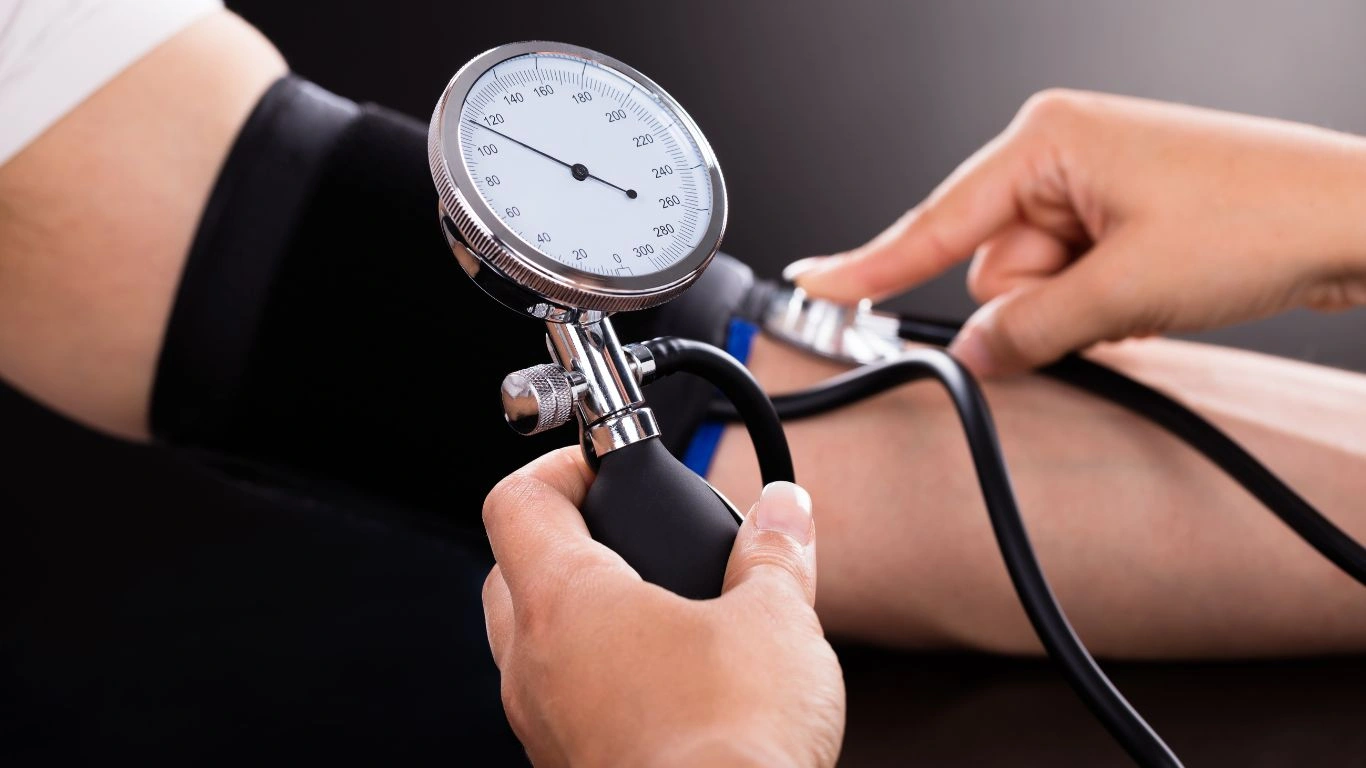
Let’s bring this all together with some real-life examples and case studies that show just how impactful managing hypertension can be. These stories highlight the power of making small lifestyle changes, and they serve as a reminder that with the right actions, we can take control of our health.
Take Jane, for example. She’s a 45-year-old marketing professional who had been battling high blood pressure for years. Despite her best efforts to manage it, she just couldn’t seem to bring it under control. Her doctor recommended the DASH diet, along with regular exercise and stress management practices like yoga. At first, Jane was skeptical. She thought it was too much work to incorporate all these changes into her hectic schedule. But after six months of sticking to the plan, Jane’s blood pressure dropped significantly. She had more energy, less stress, and even started sleeping better at night. The changes weren’t easy, but they were worth it. Jane’s story is a perfect example of how persistence, the right diet, and stress relief can turn things around.
Then there’s John, a 60-year-old retiree who has struggled with hypertension for over a decade. His blood pressure had been creeping up slowly but surely, and it finally reached dangerous levels. After some advice from his doctor, John decided to take matters into his own hands. He joined a local walking group, which helped him get more active, and began focusing on a plant-based diet. His blood pressure dropped within three months, and his doctor was amazed. John said it wasn’t easy, but walking with friends helped him stay motivated. It was a simple change, but it made all the difference.
These two case studies show that with the right guidance and determination, hypertension can be managed. It’s all about making smart choices, finding a routine that works for you, and sticking with it. Your story could be next—just remember that every little change you make brings you closer to better health!
Key Takeaways: What You Need to Remember
As we wrap up this comprehensive guide, here are the key takeaways to keep in mind when it comes to managing hypertension:
- Know Your Numbers: The first step in managing hypertension is knowing your blood pressure. Regular check-ups are essential for staying on top of your health.
- Diet Matters: A heart-healthy diet like the DASH diet can make a huge difference. Eat more fruits, vegetables, whole grains, and lean proteins while cutting back on processed foods and salt.
- Exercise is Key: Even simple activities like walking, cycling, or swimming can help reduce blood pressure. Aim for at least 30 minutes of moderate exercise most days of the week.
- Stress Management: Stress is a silent contributor to high blood pressure. Finding ways to relax and de-stress—whether through yoga, meditation, or just taking some time for yourself—is vital.
- Stay Consistent: Managing hypertension takes time and consistency. Make changes that you can maintain in the long term, and be patient with yourself.
- Work With Your Healthcare Provider: Regular communication with your doctor is essential. They can help you monitor your blood pressure and make adjustments to your treatment plan when needed.
Remember, hypertension doesn’t have to be something that controls your life. With the right mindset and lifestyle changes, you can manage your blood pressure and live a full, healthy life.
FAQs
1. Can hypertension be cured?
Hypertension is a chronic condition, but it can be managed effectively with lifestyle changes and, in some cases, medication. While there may not be a cure, you can control it and prevent complications.
2. What should I avoid if I have high blood pressure?
If you have high blood pressure, you should avoid excessive salt, sugary foods, and processed snacks. Alcohol and smoking can also raise blood pressure, so limiting or avoiding these is important.
3. How often should I check my blood pressure?
If you’ve been diagnosed with hypertension, you should check your blood pressure regularly. At least once a week is ideal, and more often if your doctor recommends it. Keeping track of your numbers will help you manage your condition more effectively.
4. Can exercise alone lower my blood pressure?
Exercise is one of the most effective ways to lower blood pressure. While it’s important to combine exercise with other lifestyle changes, like a healthy diet and stress management, getting active is a great place to start.
Bonus: Additional Resources or DIY Tips
If you’re looking to dive even deeper into managing hypertension, here are some additional resources and DIY tips that might help:
- The DASH Diet: A heart-healthy diet that’s been proven to help lower blood pressure. It focuses on whole foods, fruits, veggies, and low-fat dairy products.
- Mindfulness and Meditation Apps: Apps like Headspace or Calm can guide you through meditation techniques to help reduce stress and improve overall well-being.
- Blood Pressure Monitors: Investing in a home blood pressure monitor can help you keep track of your numbers and stay informed about your health.
- Join a Fitness Group: Whether it’s a walking group or a cycling club, joining a community can help keep you motivated and active, which is great for your blood pressure.
Appendix: Table, References, Disclaimer, and Call to Action
References:
- HealthUsias – Hypertension Information
- Centers for Disease Control and Prevention: Blood Pressure
- Mayo Clinic – High Blood Pressure Treatment
Disclaimer: The information in this article is intended for educational purposes only. Please consult with a healthcare professional for any medical concerns or advice regarding hypertension. Every person is different, and what works for one individual may not work for another.
Call to Action: Managing your blood pressure is one of the most important things you can do for your health. If you’re unsure where to start, schedule an appointment with your doctor today. Your future self will thank you for it!
#LNF

Dr. Gwenna Aazee is a board-certified Internal Medicine Physician with a special focus on hypertension management, chronic disease prevention, and patient education. With years of experience in both clinical practice and medical writing, she’s passionate about turning evidence-based medicine into accessible, actionable advice. Through her work at Healthusias.com, Dr. Aazee empowers readers to take charge of their health with confidence and clarity. Off the clock, she enjoys deep dives into nutrition research, long walks with her rescue pup, and simplifying medical jargon one article at a time.



